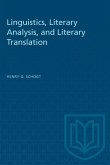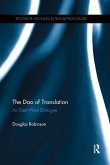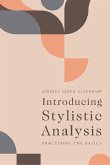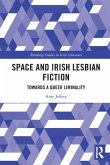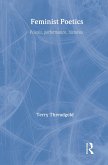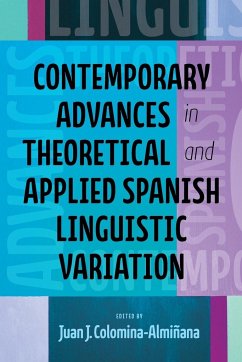Translation and Stylistic Variation considers the ways in which translators use stylistic variation, analyzing the works of three Northern Irish poet-translators to look at how, in this variety, the translation process becomes a creative act by which translators can explore their own linguistic and cultural heritage.
Hinweis: Dieser Artikel kann nur an eine deutsche Lieferadresse ausgeliefert werden.
Hinweis: Dieser Artikel kann nur an eine deutsche Lieferadresse ausgeliefert werden.
'Helen Gibson's fascinating study of dialect in translations by three Northern Irish poets is unique in demonstrating the creative and subversive power of style and language for a translator working against the background of Northern Ireland's Troubles. An enlightening and important book.'
Jean Boase-Beier, University of East Anglia, UK
'This richly-detailed book explores how three Northern Irish poets play with regional and standard language when translating. It expertly explains how the linguistic and the poetic, the social and the personal weave together when one reads translated poetry. In so doing, it gives invaluable insights into how 'local' translation can express the translator's identity, enrich the wider language, and enable creativity.'
Francis Jones, Newcastle University, UK
Jean Boase-Beier, University of East Anglia, UK
'This richly-detailed book explores how three Northern Irish poets play with regional and standard language when translating. It expertly explains how the linguistic and the poetic, the social and the personal weave together when one reads translated poetry. In so doing, it gives invaluable insights into how 'local' translation can express the translator's identity, enrich the wider language, and enable creativity.'
Francis Jones, Newcastle University, UK



